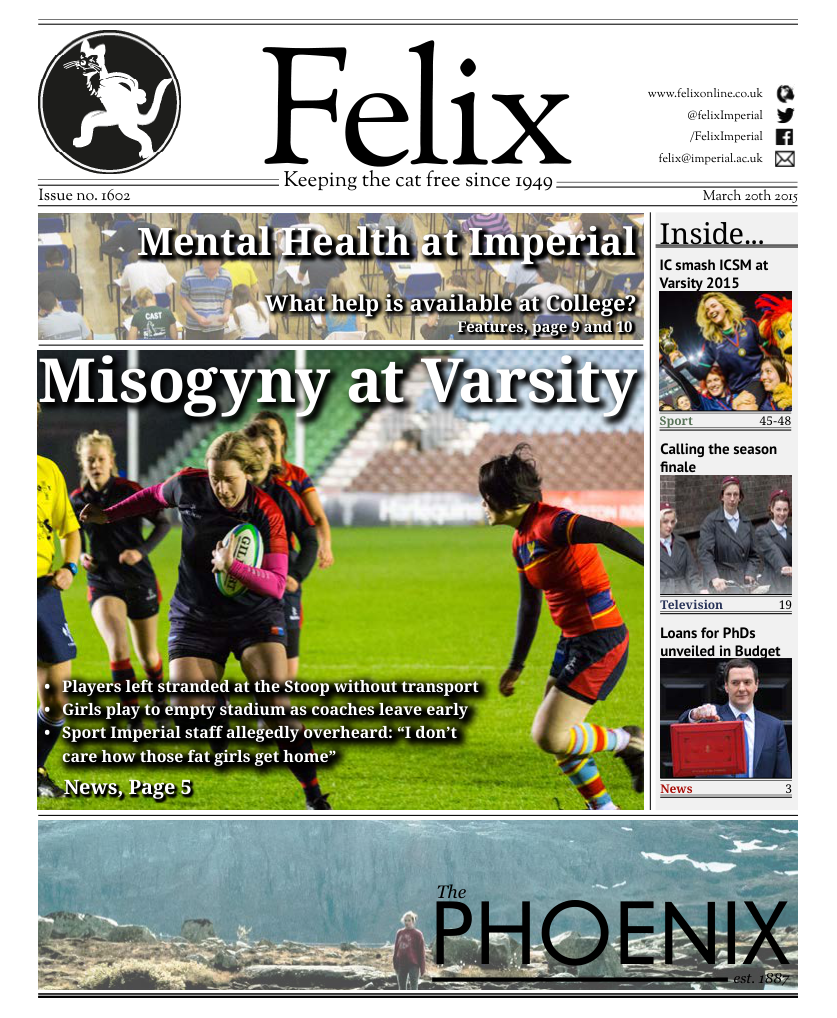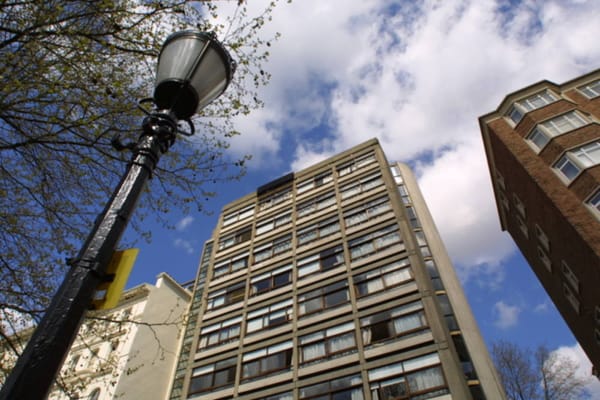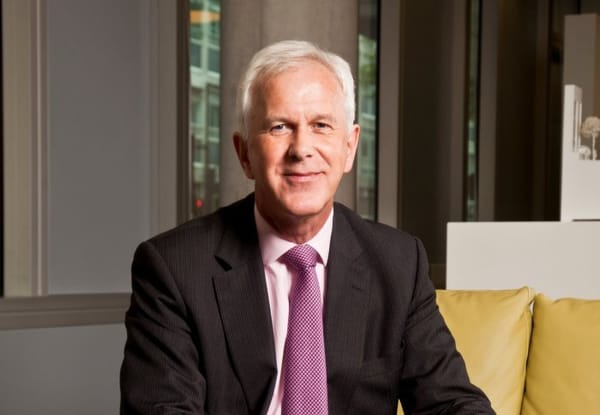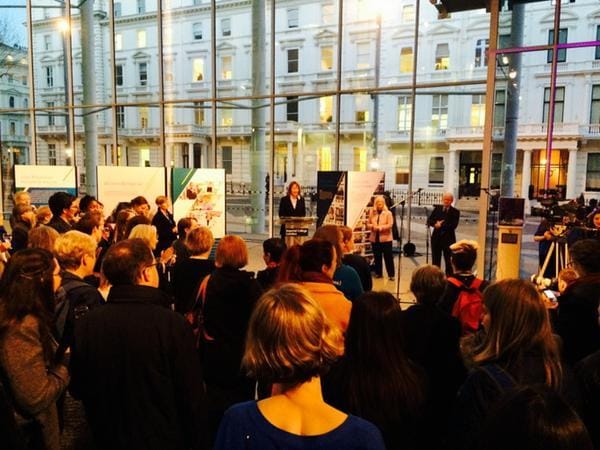Newly discovered valley channels warm water to melt Antarctic glacier
A study has revealed the reason why the East Antarctic Ice Shelf is thinning so rapidly
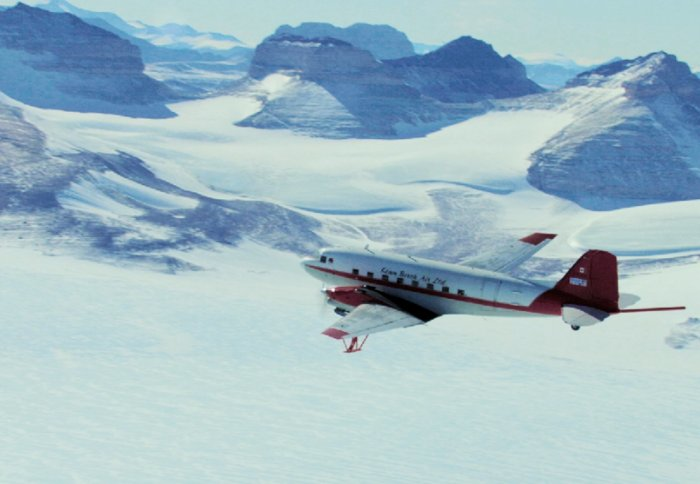
Scientists from Imperial College London have revealed that the melting and thinning of Totten Glacier in East Antarctica is being accelerated by a valley underneath the ice shelf channelling warm water to the base of the glacier.
The research was published this week in Nature Geoscience after a collaboration with institutions in the US, Australia and France. Satellite data had previously showed that the Totten Glacier has been thinning significantly.
Described as East Antarctica’s most rapidly changing glacier, the ice shelf is around 150 kilometres long by 30 kilometres wide. It is a major outlet for the East Antarctic Ice Sheet, the largest mass of ice on Earth, which covers 98% of the continent.
It was previously believed to be relatively stable compared to the smaller West Antarctic Ice Sheet, which loses more than 150 cubic kilometres of ice every year.
Surveying the area with radar and other geophysical techniques, the team of researchers generated a map of the topographical landscape underlying the glacier.
Instead of the cooler waters previously thought to surround the East Antarctic Ice Sheet, the data revealed a 5 kilometre wide valley running underneath the glacier, which exposes the base of the ice to warm ocean water.
This intrusion of warmer water is accelerating the thinning of the ice shelf. While the thin ice at the edges of ice sheets can float on the ocean, inland ice is ‘grounded’ and in contact with the bedrock.
The newly discovered valley exposes the grounded edge of the ice sheet to warm water, leading to significant melting of the glacier. With climate change raising the temperature of the oceans, sea levels are predicted to rise at a rate of around one metre per century.
Totten Glacier could represent a major component of this rise, with enough ice draining from the East Antarctic Ice Sheet to raise global sea levels by 3.5 metres.
Any destabilisation of the Totten Glacier could leave more of the inland ice vulnerable to change, said Professor Martin Siegert, Co-Director of the Grantham Institute at Imperial College London and a co-author of the study.
“Once a certain region starts to change, the implications for the connected ice are potentially significant.
“We are using computer modelling to understand whether changes in Totten Glacier could lead to changes in both adjacent and more distant places in Antarctica.
“The change at Totten Glacier itself is significant and concerning. It’s only one glacier, but it’s changing now and it is significant for sea levels globally. The 3.5 metre rise may take several centuries to complete, but now the process has started it is likely irreversible.
“This is another example of how human-induced climate change could be triggering major changes with knock-on impacts that will be felt globally”. Professor Siegert and his colleagues are planning to map more regions of the Antarctic ice to further understand the dynamics of the continent.


